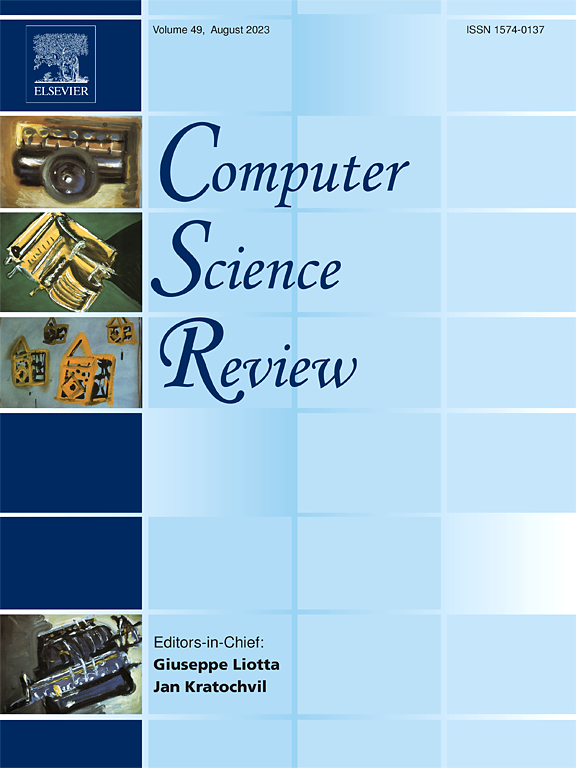理解数据空间:基础、技术构建块和部门采用的系统映射研究
IF 12.7
1区 计算机科学
Q1 COMPUTER SCIENCE, INFORMATION SYSTEMS
引用次数: 0
摘要
数据空间正在成为跨部门实现主权、安全和可互操作的数据共享的关键范例。除了数据治理之外,它们还代表了通信体系结构中的一种转变——通信不再仅仅是建立连接,而是允许谁在什么条件下、出于什么目的共享什么。尽管受到越来越多的关注,但研究领域仍然是碎片化和不综合的。本文提出了一项针对149份同行评议出版物的系统地图研究(SMS),分析了数据空间的概念基础、技术构建模块和部门采用情况。根据已建立的SMS方法,我们对数据空间支持中心(DSSC)定义的关键技术主题的文献进行分类,并评估方法成熟度、技术新颖性和应用领域。我们的研究结果表明,46.3%的研究涉及数据价值创造推动者,30.8%的研究关注数据互操作性,22.9%的研究探讨数据主权。该研究提供了当前研究的结构化综合,并为推进联邦、信任感知通信基础设施提供了指导。本文章由计算机程序翻译,如有差异,请以英文原文为准。
Understanding data spaces: A Systematic Mapping Study of foundations, technical building blocks, and sectoral adoption
Data spaces are emerging as a key paradigm for enabling sovereign, secure, and interoperable data sharing across sectors. Beyond data governance, they represent a transformation in communication architectures—where communication is no longer merely about establishing connections, but about who is allowed to share what, under which conditions, and for what purpose. Despite growing attention, the research landscape remains fragmented and under-synthesized. This paper presents a Systematic Mapping Study (SMS) of 149 peer-reviewed publications, analyzing the conceptual foundations, technical building blocks, and sectoral adoption of data spaces. Following established SMS methodologies, we classify the literature across key technical themes defined by the Data Spaces Support Centre (DSSC) and assess methodological maturity, technical novelty, and application domains. Our findings show that 46.3% of studies address data value creation enablers, 30.8% focus on data interoperability, and 22.9% explore data sovereignty. The study provides a structured synthesis of current research and offers guidance for advancing federated, trust-aware communication infrastructures.
求助全文
通过发布文献求助,成功后即可免费获取论文全文。
去求助
来源期刊

Computer Science Review
Computer Science-General Computer Science
CiteScore
32.70
自引率
0.00%
发文量
26
审稿时长
51 days
期刊介绍:
Computer Science Review, a publication dedicated to research surveys and expository overviews of open problems in computer science, targets a broad audience within the field seeking comprehensive insights into the latest developments. The journal welcomes articles from various fields as long as their content impacts the advancement of computer science. In particular, articles that review the application of well-known Computer Science methods to other areas are in scope only if these articles advance the fundamental understanding of those methods.
 求助内容:
求助内容: 应助结果提醒方式:
应助结果提醒方式:


